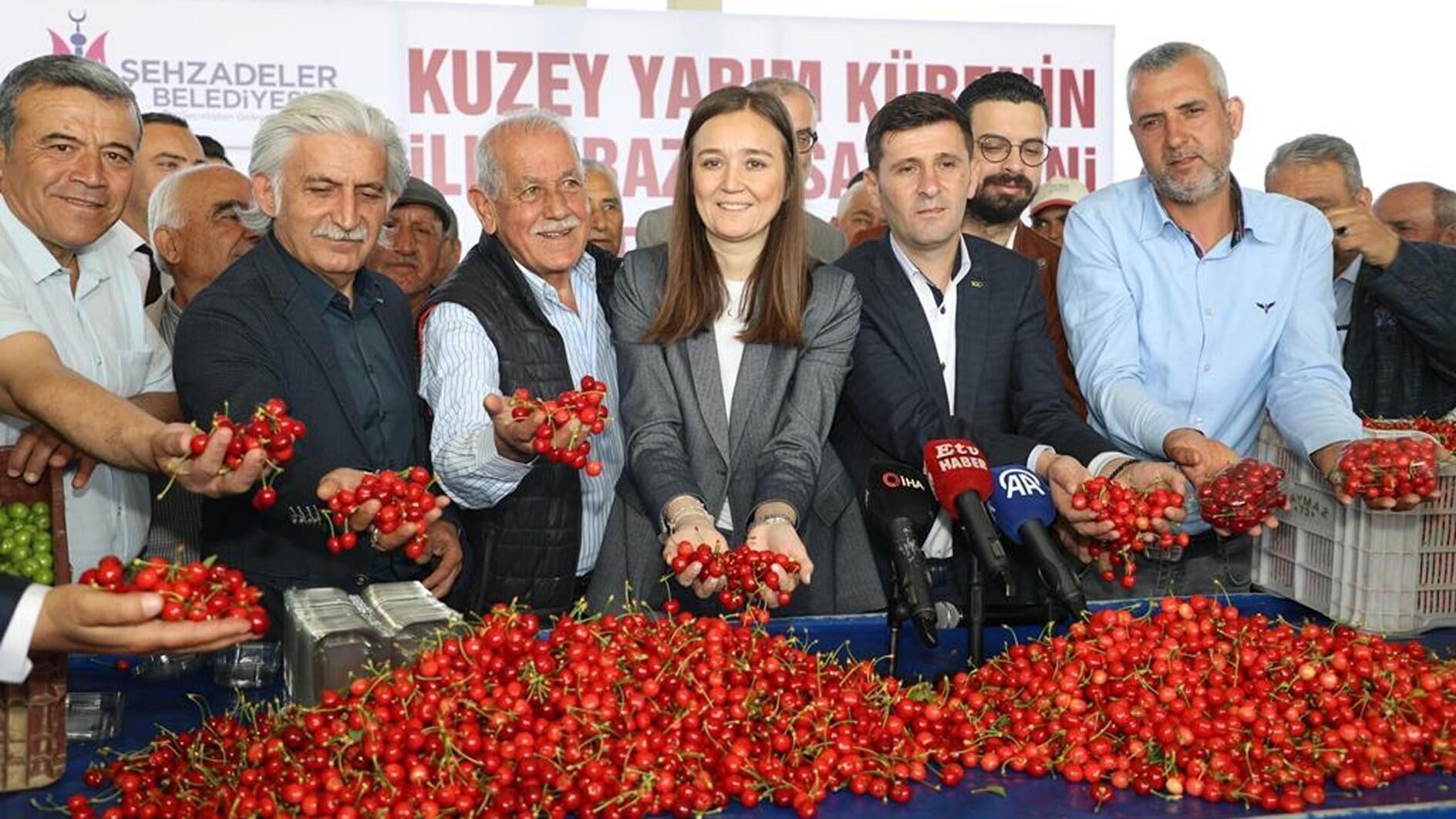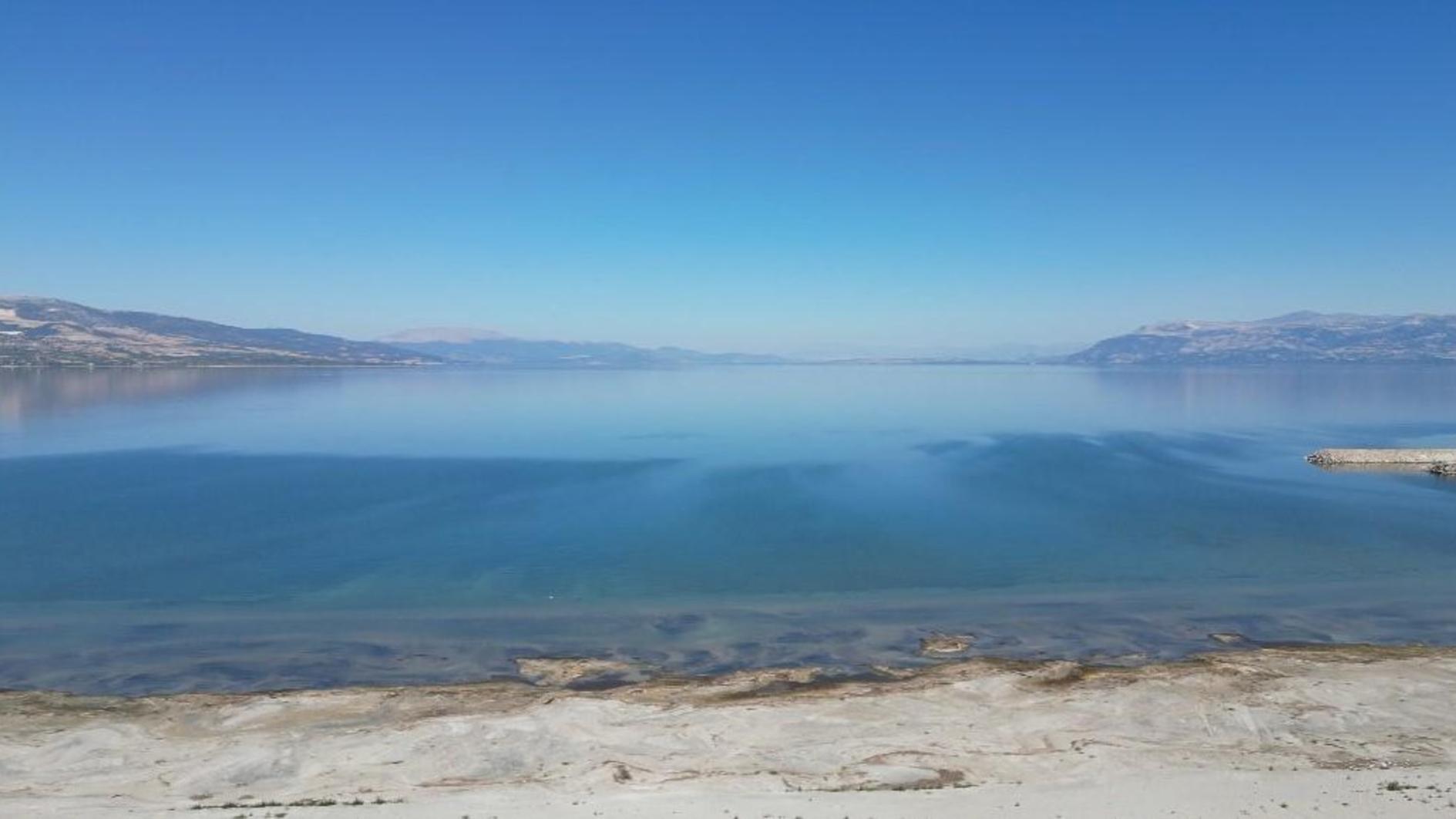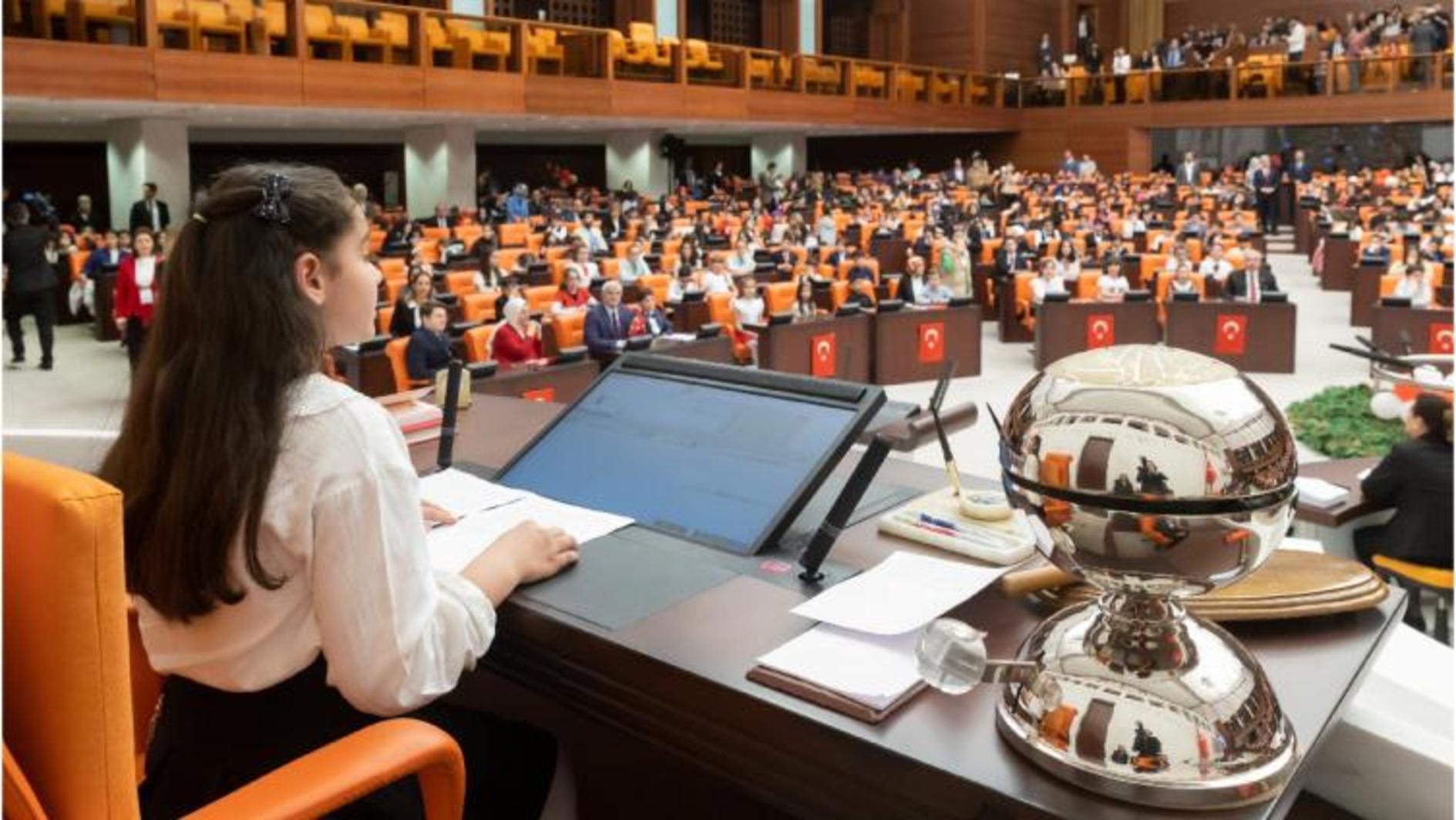Let’s assume Erdoğan gets 50 percent again
There are two weeks left until critical local elections in Turkey.
They are critical because of a few reasons:
1) The local elections will be an indicator, like a huge public opinion poll for the coming two general elections. One of them is the presidential one in August 2014. The other one is the parliamentary elections in June 2015, with a possibility that the government could want it earlier, perhaps in 2014.
2) The March 30 local elections will be a major challenge for Prime Minister Tayyip Erdoğan – on top of Parliamentary opposition – because of two reasons and regarding two cross sections of Turkish society:
- The first group consists of young, educated, middle class, socially active, mostly non-partisan people in big cities. They do not like Erdoğan because of his harsh stance against the Gezi Park protests thst started in June 2013 and have cost eight lives so far.
- The other group consists of followers of Fethullah Gülen. A U.S.-based moderate Islamist scholar with a global network of sympathizers, Gülen used to be one of the closest supporters and allies of Erdoğan up until half-a-year ago. Now Erdoğan thinks that Gülen is the number-one enemy to the public and to himself.
As in the case of Gezi in June 2013 for urbanites, the turning point for Gülenists was the graft probe opened on Dec. 17, 2013. Erdoğan tells his supporters in election rallies that – despite the shower of leaked telephone wiretappings in which Erdoğan and names from his family and government are mentioned a lot – there is no corruption, but a “coup attempt” against him; not by the military this time, but by Gülenists who “infiltrated” the judiciary and bureaucracy.
3) The Kurdish problem is another challenge. Erdoğan has started dialogue with Abdullah Öcalan, the imprisoned leader of the outlawed Kurdistan Workers’ Party (PKK) through his intelligence chief Hakan Fidan. Sharing the same grassroots with the PKK, the Peace and Democracy Party (BDP) in the Parliament is involved in the talks.
The BDP and PKK are asking for some concrete progress in order to carry on with the cease-fire in practice. Erdoğan has asked them to wait for the March 30 local polls for solid steps. But the PKK (and BDP) are now reminding the public that Erdoğan did the same for talks in 2009, 2010 and 2011, before every poll with a worry that Erdoğan will again ask for time after local elections, namely for the presidential and parliamentary polls before again doing nothing. There is an anxiety growing there as well.
Erdoğan’s ruling Justice and Development Party (AK Parti) obtained nearly 50 percent of the votes in the 2011 parliamentary elections, which was a rare record in Turkish politics. Right after the graft probe, an AK Parti spokesman started to name the election target as 38.8 percent which was their rate in the last (2009) local elections.
But in the last week, the AK Parti has revised the target again; starting with Deputy Prime Minister Beşir Atalay, party spokespersons are claiming that their votes are on the rise again and that they might get “49.5” percent.
Let’s assume that this is proven right and Erdoğan gets 50 percent again.
Let’s assume that all AK Parti voters from 2011 think that all the corruption allegations are the lies of those who want to topple Erdoğan and will vote for him again.
Will it be possible for him to rule the country the way he has been ruling so far?
That doesn’t seem to be very possible given the picture above.











